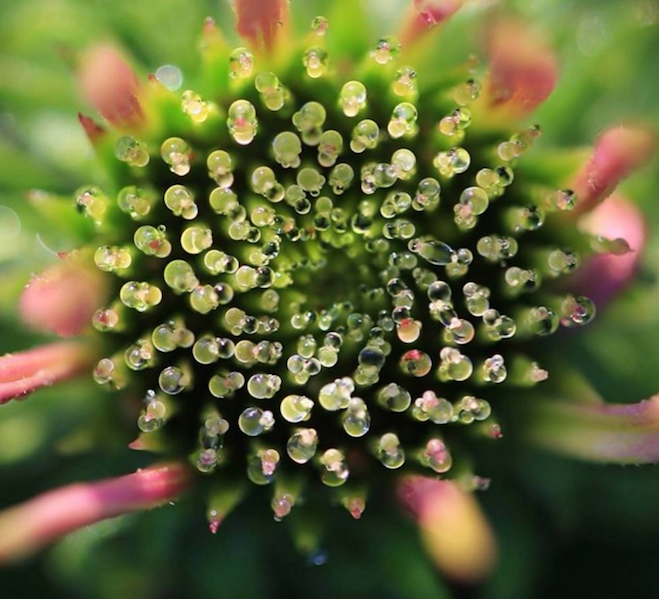
09 Apr Thyroid Hormone Therapy
The American Thyroid Association recently published its 2014 guidelines, which exclusively advocate T4-only therapy for routine treatment of hypothyroidism. These standards are highly controversial within the organization – and even within the group of doctors who came up with the guidelines.
Many endocrinologists within the American Thyroid Association believe that not recommending a therapeutic trial of low dose T3 within the 2014 guidelines is shameful and rigid. However, the European Thyroid Association in 2012 released its guidelines suggesting that patients with normal values of TSH and free T4 might benefit from T3 therapy. This policy publication recommending T3 therapy is giving many endocrinologists validation to try low-dose T3, or T3/T4 in combination.
The increasing awareness of the importance of T3 started with the discovery that 16% of hypothyroid patients have a variation in one of their deiodinase genes that hinders conversion of T4 to T3, resulting in poorer psychological function than those without the variation. See Panicker V, et al. Common Variation in the DIO2 Gene Predicts Baseline Psychological Well-Being and Response to Combination Thyroxine Plus Triiodothyronine Therapy in Hypothyroid Patients. J Clin Endocrinol Metab 2009;94:1623-9.
Another factor spurring an increase of T3 therapy in endocrinology practices is a study that shows 50% of patients preferred Armour thyroid in a crossover trial with T4-only therapy. Although lab values, neurocognitive tests and symptoms were consistent across the two groups being tested, those patients who said they preferred the desiccated thyroid did have improvements in overall symptoms. See Hoang TD, et al. Desiccated Thyroid Extract Compared With Levothyroxine in the Treatment of Hypothyroidism: A Randomized, Double-Blind, Crossover Study. J Clin Endocrinol Metab. 2013;98:1982-90.

